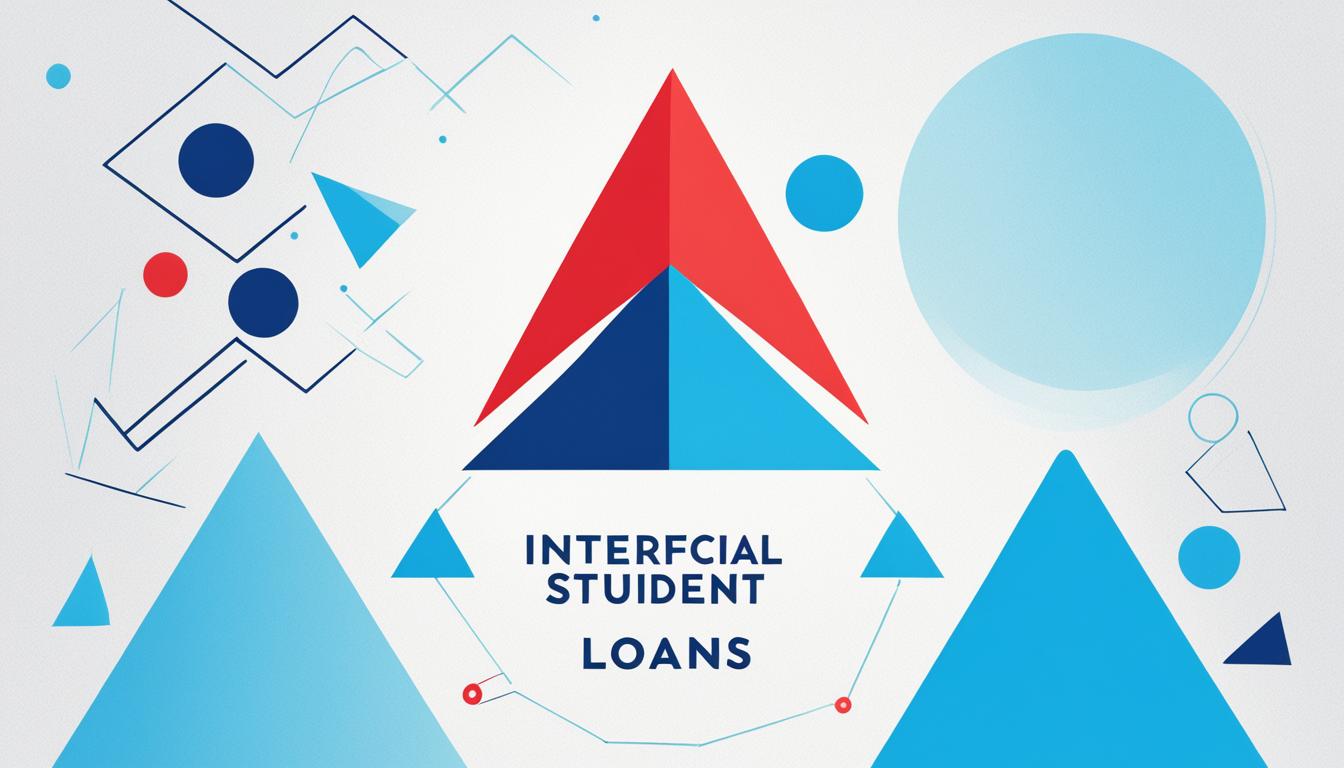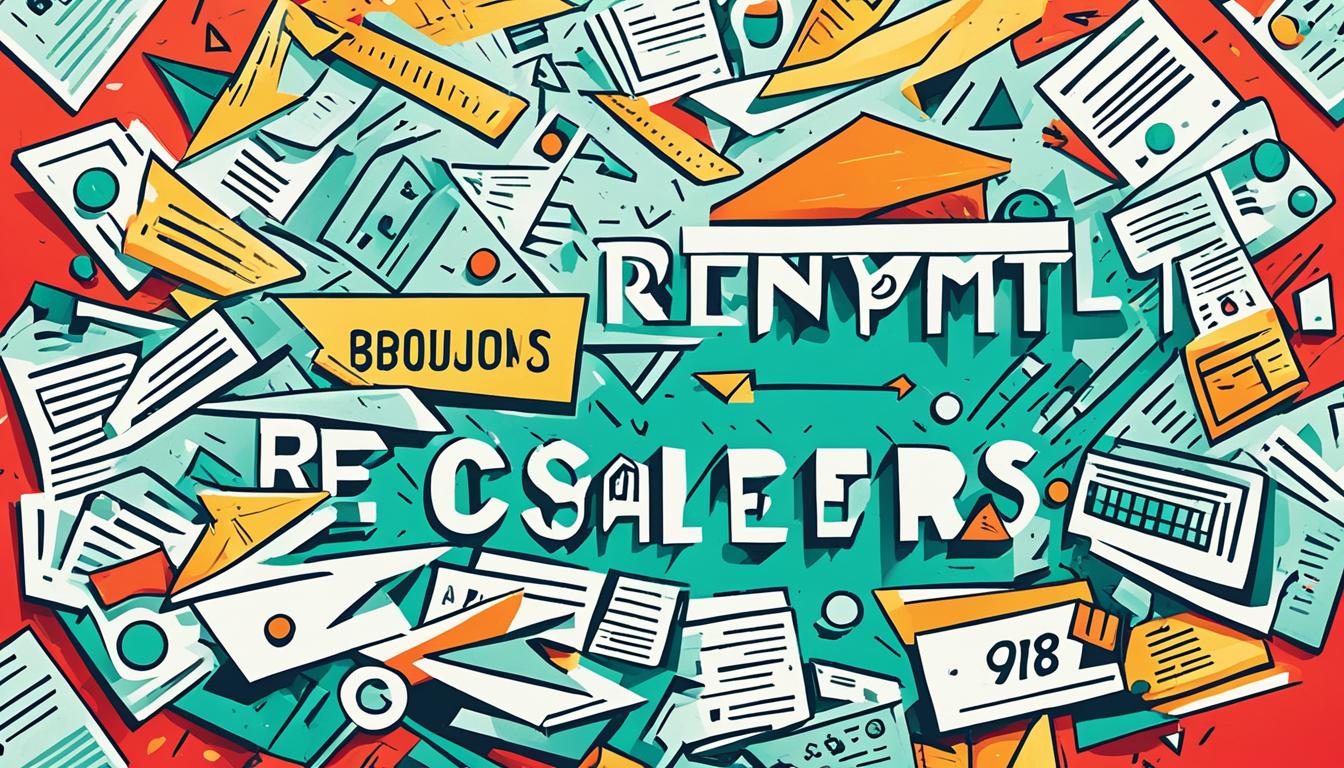Earnest student loan deferment is a key option for those wanting to handle their student debt. It’s helpful for both recent grads and those still studying. By knowing how to qualify and the types of deferment available, you can lessen your student loan load.
Imagine if you lose your job or face a tough financial time. Deferment lets you stop making payments without harming your loan status. It’s a breather to help you stabilize your finances.
With earnest deferment, you won’t face penalties for the break in payments. Yet, interest might still add up, based on your loan type. Being only for specific loans, knowing your loan details is key.
Deferment lets you focus your money on urgent needs or dreams like saving for emergencies or further study. This way, you can aim for your goals minus the constant worry of student debt.
Whether it’s your first time thinking about deferment or you’re out of your grace period, being informed is crucial. Learn the qualifications, get your documents ready, and talk to your loan servicer. Knowing about earnest deferment can lead you to a lighter financial future.
Key Takeaways:
- Earnest student loan deferment is a helpful choice for handling student debt.
- It’s vital to grasp what it takes to qualify for deferment.
- Deferment lets you stop paying for a while without penalty.
- But, you might need to pay interest during this time, depending on your loan.
- It allows you to use your money on things vital to you.
Gain financial freedom with earnest student loan deferment. Start on a debt-free path towards a better future.
What are Federal Student Loans?
Federal student loans aid both undergraduate and graduate students. They cover college costs, including tuition and housing. These loans come from the U.S. Department of Education.
The key difference from private loans is no need for a cosigner or a good credit score. The government ensures all students can borrow money fairly. This way, they can attend college without worrying about high interest rates.
Students can borrow enough to pay for all school-related costs. This is based on what their university says they need. It helps students avoid additional financial stress while studying.
The goal is to make higher education more accessible. Federal loans lessen the financial weight of going to college. They allow students to focus on learning skills for their future careers.

Types of Federal Student Loans
The U.S. Department of Education offers different federal student loans to support your education. It’s key to know each loan’s terms and requirements. This helps you pick the best one for you. Now, let’s look into the main kinds of federal student loans.
1. Direct Subsidized Loans
If you’re an undergrad student with financial need, you can get Direct Subsidized Loans. These loans have the government pay the interest while you’re in school or during grace periods. This includes the six months after you finish school.
They offer good benefits to help you deal with college costs.
2. Direct Unsubsidized Loans
Direct Unsubsidized Loans are for both undergrad and grad students, not needing to show financial need. Unlike the Subsidized Loans, the interest grows while you’re studying or in pauses. But you can wait to pay this interest until after you finish school.
These loans are quite flexible and come with good interest rates.
3. Direct PLUS Loans
Direct PLUS Loans help parents of undergrad students or grad/professional students. They can assist in filling the gap between your total cost and other aid. Interest starts from when you receive the loan.
But, you can wait to pay this interest until the student graduates. Parent PLUS Loans serve the parents, and Grad PLUS Loans aid the students directly.
To choose wisely, learn about each loan’s terms and requirements. Federal loans offer many perks. These include income-based repayments, loan forgiveness, and deferment options. They make paying back your loan much easier.

What Happens to Federal Student Loans in School?
Understanding your federal student loans during school is key. You get benefits like in-school deferment, a grace period, and interest accrual. It’s important to know these things. And, working with your loan servicer and setting up automatic payments are smart moves.
When you’re in school at least half-time in an accredited place, you get in-school deferment. This means you won’t make any payments. It helps financially and lets you focus on your studies without the pressure of paying back yet.
After school ends, you have a six-month grace period before repayment starts. Use this time to learn about your payment options. Make a plan that fits your budget. It will help you enter the repayment stage with a clear roadmap.
Remember, interest may still accrue during in-school deferment and the grace period. It depends on your loan type. So, even if you’re not paying, your loan may get more expensive over time. You can avoid this by making interest payments early.
Stay in touch with your loan servicer for advice and help. They can answer loan questions and help you with repayments. Using automatic payments will also keep you on track. It ensures you don’t miss payments and avoid extra fees.

Knowing how federal student loans work in school lets you manage your debt better. Use the deferment and grace period wisely. Keep an eye on your interest. Stay connected with your loan servicer. And, set up automatic payments. These steps will make your student loan repayment journey smoother.
Repayment Options for Federal Student Loans
There are many ways to pay back federal student loans. Borrowers can pick the plan that works best for them financially.
Standard Repayment Plan
The standard repayment plan is very popular. It means making the same monthly payment for 10 years. With this plan, the loan will be fully paid off on time.
Graduated Repayment Plan
The graduated repayment plan starts with lower payments. But, these get bigger over time. It’s great for people who think they’ll earn more later but need an easy start.
Income-Driven Repayment Plans
Income can go up and down for some people. For them, income-driven repayment plans like IBR and PAYE are helpful. These plans adjust payments based on what you earn and how big your family is.
Extended Repayment Plan
The extended repayment plan makes payments smaller by spreading them over 25 years. It’s a good choice for those who need to drop their monthly payments. But, they might pay more in interest over time.
Everyone should look at the repayment options available. Choosing the right one can make managing student loans easier. It also helps meet long-term financial goals.

Loan Forgiveness and Discharge Programs
Borrowers dealing with student loan debt can check out various forgiveness and discharge programs. These programs offer relief and help borrowers become debt-free. Let’s look at some of the available options.
Public Service Loan Forgiveness (PSLF)
The Public Service Loan Forgiveness program benefits those working full-time in qualifying jobs. After making 120 payments, the remaining balance is forgiven. It aims to support workers in public or nonprofit places, like schools or hospitals. PSLF rewards those who dedicate themselves to public service with debt relief.
Teacher Loan Forgiveness
Teachers serving in low-income schools can get up to $17,500 forgiven from their loans. This includes both Direct and Federal Stafford Loans. It’s a great option for teachers making a difference in disadvantaged areas.
Income-Driven Repayment Forgiveness
Income-driven repayment plans are great for managing loan payments according to what you earn. They can offer forgiveness after 20 or 25 years depending on the plan. It’s good to keep in mind that any forgiven amount might be considered taxable income.
Loan Discharge
In rare instances, borrowers might get their loans fully discharged. This usually happens due to death, severe disability, or bankruptcy. While these events are negative, knowing about these options can provide relief.
“Loan forgiveness and discharge programs offer borrowers a way to manage their student loan debt and move towards a brighter financial future.”
If these forgiveness and discharge programs interest you, checking their eligibility and collecting needed documents is crucial. Understanding your options and discussing with your loan servicer can guide you towards the best program for your situation.

Conclusion
It’s key to know how you can pay off student loans. Exploring deferment, different payment plans, and forgiveness is vital. Doing this helps students feel more sure about their loans.
Talking to your loan servicer and staying informed is a must. This guides smart choices in managing your debt. Choose a plan that fits with what you want for your money in the future.
Take charge by knowing your loan’s details, especially if you can delay payments. Think about payment plans linked to your income for more freedom. By planning and making smart choices, you can handle your student loans well. This sets you up for a better tomorrow.
FAQ
What is earnest student loan deferment?
Earnest student loan deferment lets you stop paying your loan for a while. It helps you manage your money better.
What are the eligibility requirements for student loan deferment?
To get deferment, you need to fit certain categories like not making much money now. Chat with your loan servicer to see if you qualify.
What are the different types of student loan deferment?
There’s deferment because you’re still in school, don’t have a job, or are in the military. Each reason has its own deferment option.
Does interest accrue during deferment?
If you have a certain kind of federal loan, the government pays the interest. But for other loans, you might still have to pay the interest yourself.
How can I defer my earnest student loans?
To stop paying for a while, talk to your loan servicer. They’ll help you fill out the deferment request. You might need to show some documents.
Can I defer my student loans if I am not enrolled in school?
Even if you’re not in school, you might defer your loans because of money troubles or if you can’t find a job.
How long can I defer my student loans?
The time you can put off paying varies. If you’re in school, it might be until you finish. Other reasons could let you pause payments for a few months to a few years.
Are there any other alternatives to deferment?
If you can’t do deferment, you might want to ask about forbearance. Forbearance also lets you stop paying but you always have to pay the interest.
How does deferment differ from forbearance?
Deferment and forbearance are alike in pausing payments. But in deferment, the government might cover your loan’s interest, which is better for you.
Can I apply for deferment multiple times?
You can ask for deferment more than once if you still qualify. But, usually, there’s a cap on how long you can put off your payments.